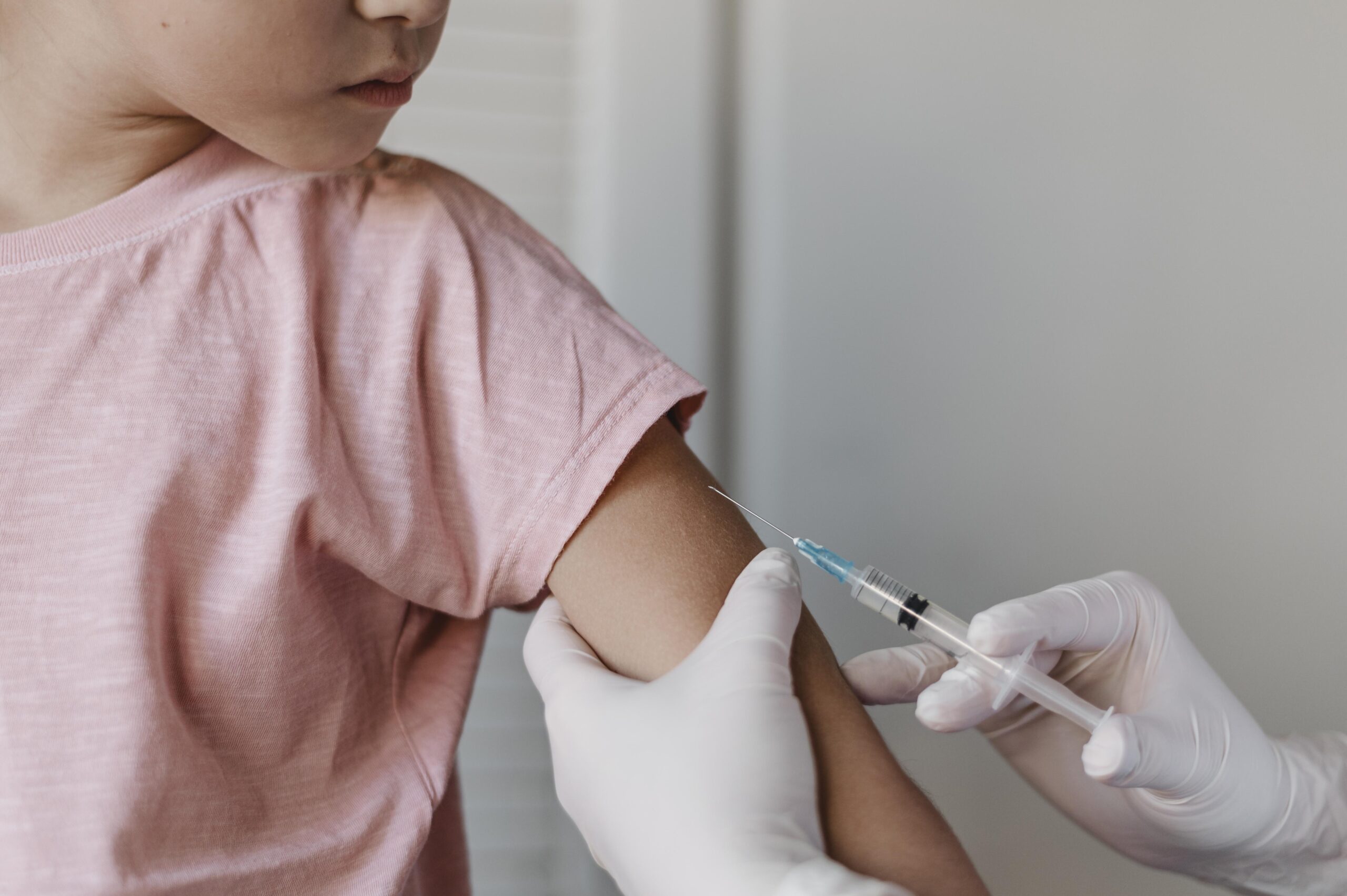Baby Vaccinations are a cornerstone of public health, especially for children from birth to five years old. They play a crucial role in safeguarding young lives against various preventable diseases. Understanding the importance of timely immunizations can help parents make informed decisions to protect their children’s health.
1. Protection Against Life-Threatening Diseases

2. Community Immunity (Herd Immunity)

3. Prevention of Disease Resurgence

4. Safety and Efficacy
Vaccines undergo rigorous testing in clinical trials to ensure their safety and effectiveness before they are approved for public use. Continuous monitoring systems are in place to detect and address any adverse events. The benefits of vaccination far outweigh the minimal risks associated with them. Every dose is important because each protects against an infectious disease that can be especially serious for infants and very young children.
5. Long-Term Health Benefits
Early childhood vaccinations not only protect children during their formative years but also contribute to long-term health. By preventing diseases that can cause chronic health issues or disabilities, vaccines help ensure a healthier future for children as they grow into adulthood. For instance, preventing diseases like measles through vaccination not only avoids the acute symptoms but also averts potential long-term consequences such as subacute sclerosing panencephalitis (SSPE), a fatal brain disorder that can develop years after the initial infection.
6. Economic Benefits
Vaccinations are one of the most cost-effective public health interventions. They save an estimated 2–3 million lives worldwide every year, contributing substantially to the reduction in global infant mortality rates. By preventing diseases, vaccines reduce healthcare costs associated with treating these illnesses and minimize the economic burden on families and healthcare systems.
7.Contribution to Medical Advancements
Vaccinations have significantly advanced medical science, leading to improved public health outcomes and inspiring further innovations. The eradication of smallpox, achieved through global immunization efforts, stands as a testament to the power of vaccines in eliminating diseases. The success of vaccines has spurred ongoing research into new immunizations, including those targeting emerging infectious diseases. Organizations like the Coalition for Epidemic Preparedness Innovations (CEPI) have been established to accelerate the development of vaccines against emerging infectious diseases.
In conclusion, vaccinating children from birth to five years is vital for protecting them against serious and potentially life-threatening diseases. It also contributes to the health of the broader community by preventing the spread of infectious diseases. Parents are encouraged to adhere to the recommended immunization schedules and consult with healthcare providers to ensure their children receive timely vaccinations. By doing so, we can continue to protect future generations from preventable diseases.





